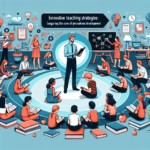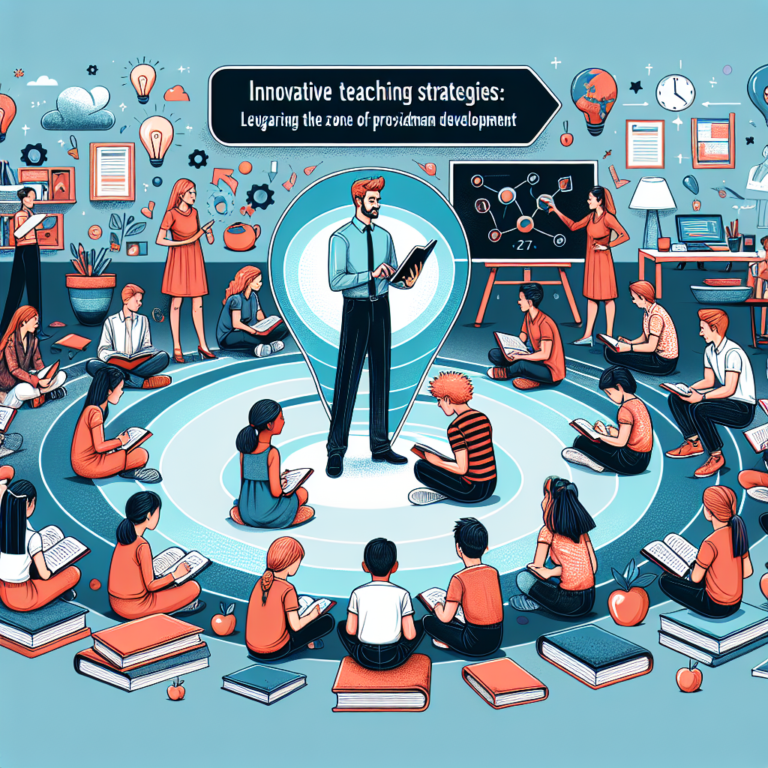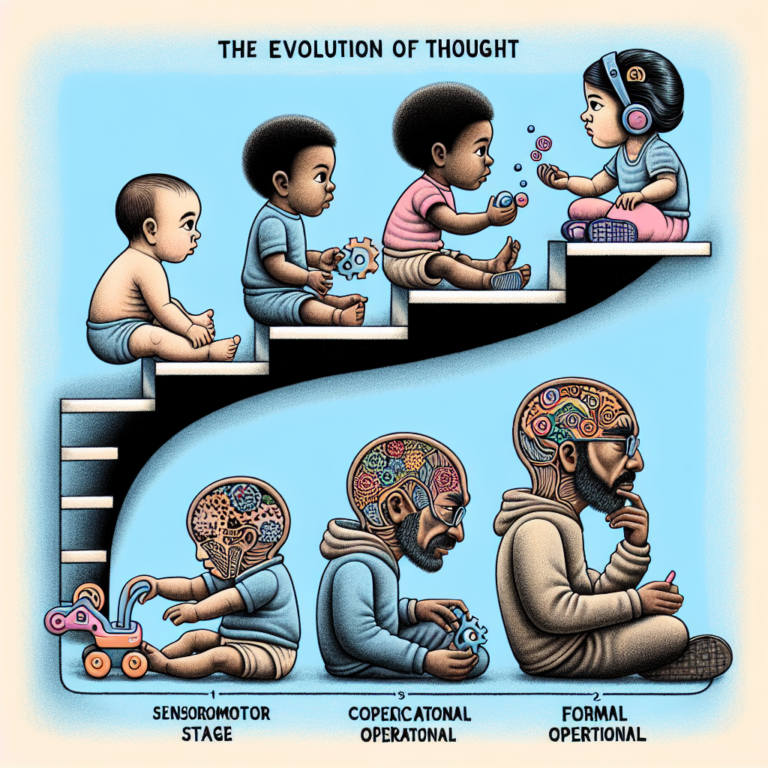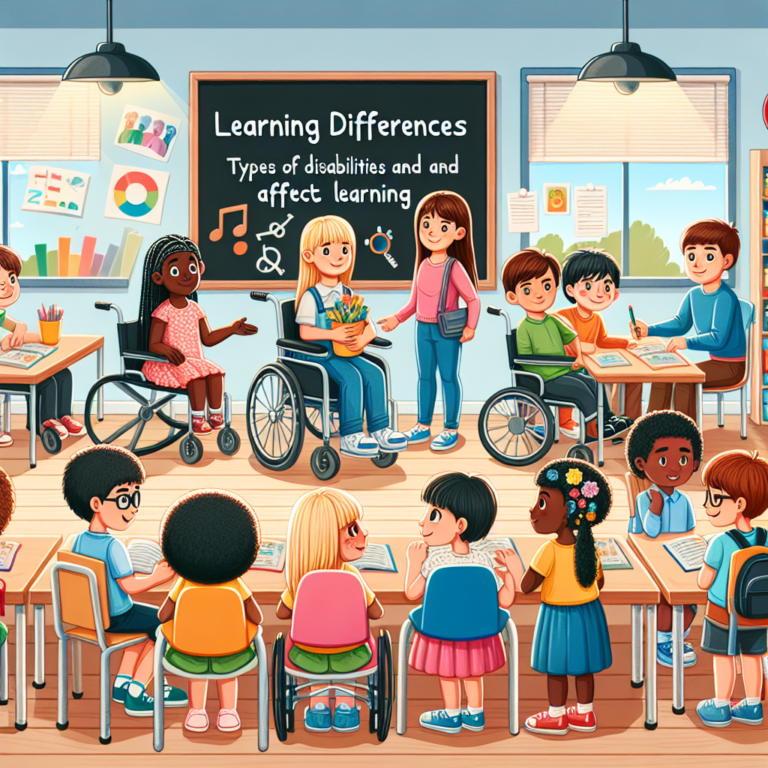
Introduction
In today’s fast-paced, technology-driven world, the way we learn has transformed dramatically. Traditional classrooms are increasingly giving way to e-learning platforms that cater to diverse learning styles and preferences. Amid this shift lies an essential component of educational success: motivation. As we delve into Motivation in the Digital Age: How E-Learning Psychology Fuels Student Success, we will uncover how modern psychological principles enhance student engagement, learning outcomes, and ultimately, success in an increasingly digital landscape.
Understanding Motivation in the E-Learning Context
The Definition of Motivation
Motivation is the driving force behind human behavior. In the context of e-learning, it manifests in students’ willingness to engage, invest time and effort in their studies, and persist through challenges. Understanding what motivates students has become crucial in leveraging technology effectively to enhance learning experiences.
Types of Motivation: Intrinsic vs. Extrinsic
Intrinsic Motivation: This comes from within. Students motivated by intrinsic factors engage with material because they find it interesting or enjoyable. This type of motivation is often linked to personal growth and a desire for knowledge.
- Extrinsic Motivation: This is driven by external rewards, such as grades, certificates, or praise. While extrinsic motivation can be effective in the short term, it may not foster long-term engagement with the material.
The Role of E-Learning Psychology
E-learning psychology combines cognitive psychology, educational theory, and digital technology to enhance the learning process. By understanding how learners think, feel, and behave in digital environments, instructional designers and educators can create more effective e-learning experiences.
Key Principles of E-Learning Psychology
1. Self-Determination Theory
This theory emphasizes the importance of autonomy, competence, and relatedness in fostering motivation. E-learning platforms that provide students with some control over their learning path can significantly boost engagement. For instance, allowing learners to choose topics or set their own deadlines can enhance their intrinsic motivation.
Case Study: A university implemented a flexible online course design where students had the autonomy to choose their learning modules. Resulting data showed a 40% increase in course completion rates, demonstrating the effectiveness of self-determination in driving motivation.
2. Gamification
Integrating game elements into e-learning—such as points, badges, and leaderboards—can increase motivation by making learning more enjoyable and engaging. This approach taps into the human craving for achievement and competition.
Table 1: Gamification Effect on Student Engagement
| Gamified Element | Impact on Engagement (%) |
|---|---|
| Points System | +30% |
| Badges | +25% |
| Leaderboards | +20% |
3. Social Learning Theory
Learning is inherently social, and e-learning platforms that foster collaboration among students can enhance motivation substantially. Forums, group projects, and peer feedback create a sense of community that encourages sustained engagement.
Case Study: An online course on project management launched a discussion forum that encouraged peer-to-peer interaction. The course saw a 35% improvement in student satisfaction ratings, underscoring the impact of social learning on motivation.
4. Feedback and Assessment
Timely and constructive feedback is vital in maintaining motivation. E-learning platforms that incorporate quizzes and instant feedback mechanisms can keep students informed about their progress and areas for improvement, enabling them to stay motivated in their studies.
Analysis: Research indicates that students who receive immediate feedback are 50% more likely to engage with the content and seek additional resources to enhance their understanding.
Building a Motivational E-Learning Environment
Personalized Learning Paths
Creating customized learning experiences based on individual student abilities and preferences is essential. Adaptive learning technologies can analyze a student’s performance and adjust the curriculum in real-time.
The Importance of Goal Setting
Educators should encourage students to set specific, measurable, achievable, relevant, and time-bound (SMART) goals. This practice can enhance commitment to their learning journey and make motivation more tangible.
Utilizing Technology Effectively
The integration of advanced technologies, such as AI and machine learning, can provide personalized learning assistance, thus increasing motivation levels. Chatbots as 24/7 academic support, for example, can help students feel more guided in their learning experience.
Motivational Strategies for E-Learning Success
1. Create Engaging Content
High-quality, interactive resources improve student motivation. Videos, infographics, and interactive quizzes can transform dull lessons into lively and engaging learning experiences.
2. Foster a Growth Mindset
Encouraging a growth mindset—where students believe that their abilities can improve through effort—can motivate learners to take on challenges and strive for improvement. This can be cultivated through praise for effort rather than innate intelligence.
3. Cultivate a Supportive Community
A sense of belonging significantly boosts motivation. Online courses should incorporate group activities that allow students to build relationships and support each other.
Practical Applications: E-Learning Success Stories
Harvard’s Online Learning Initiative
Harvard University’s online course offering showcases how motivation can drive success in e-learning. By incorporating principles of e-learning psychology, they have reported a 60% course completion rate, significantly higher than the national average for online courses.
Google Certifications
Google’s certification programs emphasize self-paced, competency-based learning. By leveraging self-determination theory, these programs have seen an impressive increase in enrollment and course completion, indicating the role of autonomy in motivation.
Conclusion
As we navigate Motivation in the Digital Age: How E-Learning Psychology Fuels Student Success, it becomes clear that understanding and addressing the motivational aspects of e-learning is crucial. By leveraging psychological principles and innovative technology, educators can create engaging and effective online learning environments.
Students today have the potential to thrive in digital classrooms—if only they are motivated appropriately. Each strategy we’ve explored provides actionable insights that can enhance motivation and success in e-learning. It’s time for educators and institutions to embrace these insights, fostering an environment where every student can flourish.
FAQs
1. What are some common factors that affect motivation in e-learning?
Factors include the design of the course, the level of engagement, the type of feedback provided, and the social aspects of learning.
2. How can gamification improve student motivation?
Gamification can make learning more engaging and fun, tapping into students’ competitive spirits and providing external rewards that can motivate them to achieve their goals.
3. What role does feedback play in student motivation?
Timely feedback helps students understand their performance and progress, motivating them to engage with the content and make improvements.
4. How can personalized learning paths enhance motivation?
Personalized paths accommodate different learning styles and paces, helping students feel more in control and invested in their learning journey.
5. What strategies can be used to encourage a growth mindset in students?
Encouraging self-reflection, praising effort, and framing challenges as opportunities for growth can help students develop a growth mindset.
In exploring Motivation in the Digital Age: How E-Learning Psychology Fuels Student Success, we find that while technology plays a pivotal role, the psychology of motivation remains at the heart of effective learning experiences. By harnessing these insights, we can foster environments where every learner feels empowered to succeed.












